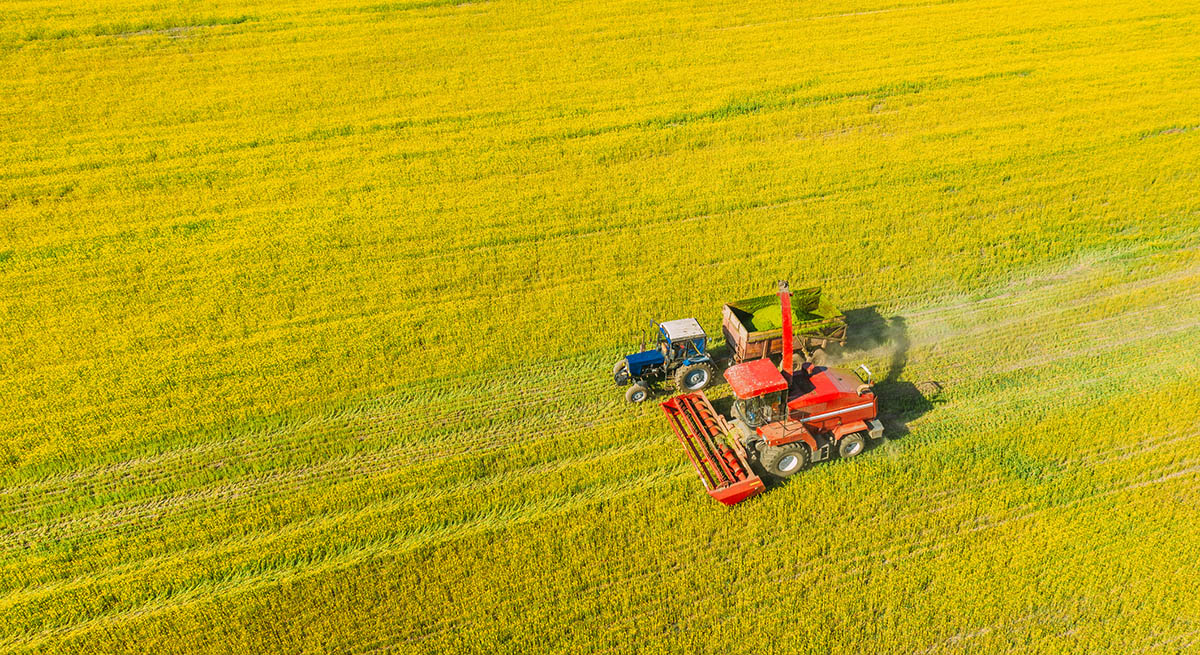
Harvesting Opportunities: The Crucial Role of Canadian Canola in Sustaining Bilateral Trade with China
Trade relations between Canada and China over the past five decades have undergone a remarkable transformation, evolving from tentative beginnings to a dynamic partnership that spans economic, cultural, and diplomatic spheres. The roots of Canada-China trade relations can be traced back to the early 1970s when diplomatic ties were first established. The signing of the Canada-China Trade Agreement in 1973 marked a crucial milestone, laying the groundwork for economic collaboration. During the subsequent decades, trade volumes were modest, primarily comprising natural resources and agricultural products. The 1980s witnessed a gradual diversification of trade as both nations sought to expand beyond traditional sectors.
Trade volumes soared, reflecting a deepening economic interdependence. Canadian exports, including forestry products, minerals, and agricultural goods, found a receptive market in China. Conversely, Chinese goods, electronics, and manufactured products flooded Canadian markets.
While traditional sectors like energy and resources remain crucial, there is a growing focus on technology, innovation, and clean energy. Canada’s expertise in areas like artificial intelligence and renewable energy presents opportunities for collaboration with China’s growing tech sector.
However, of all the products Canada exports to China, Canadian canola — the hardy oilseed renowned for its versatility and nutritional value, remains the economic golden child of trade exchange between the two nations. Canola applications range from cooking oil to animal feed. Its nutritional profile, including low saturated fat and high omega-3 content, has contributed to its popularity in multiple industries. This versatility made Canadian canola an exceptionally popular and valuable commodity in the Chinese market.
The origins of the Canadian canola trade with China can be traced back to the late 20th century. As Canada emerged as a global leader in canola production, the Chinese market recognized the reliability, purity, and high quality of Canadian canola products. This, combined with Canada’s advanced canola production methods and stringent agricultural practices that often exceed international standards, has kept it as the preferred choice in China for decades.
At home, the trade in Canadian canola significantly contributes to Canada’s economic prosperity. As one of the largest agricultural exports, the Canola industry sustains jobs, supports agricultural innovation, and contributes to the prosperity of regions that rely on canola cultivation. Simply put, canola serves as a linchpin in sustaining the livelihoods of farmers in Alberta, Saskatchewan, Manitoba, British Columbia, Ontario, and Quebec. Canola is a major export that bolsters the overall economic health of Canada’s agricultural sector.
The volume of Canadian canola traded with China annually is substantial, reflecting the continued demand for this agricultural gem. Canada’s top export to China in Q1 2023 was canola, with a total value of $1.27 billion and an astonishing growth rate of 331.61 percent. Year-to-year canola figures can vary based on factors such as crop yields and market dynamics. However, the sheer magnitude of the trade underscores its importance in the Canada-China economic relationship.
Canada-China cooperation in the trade of canola is rooted in history and sustained by quality and economic significance, represents a testament to the enduring value of Canadian canola in the global marketplace. The success of Canada’s canola exports to China have also boosted the demand for various other Canadian agricultural and farming products. From staple crops to specialty items, both nations benefit from the exchange of goods that cater to the unique needs and preferences of their populations.
Beyond the physical exchange of products, the canola partnership also facilitates the transfer of agricultural technology and innovation. Canada’s expertise in sustainable farming practices and cutting-edge agricultural technology in canola and other crops finds a receptive audience in China, contributing to advancements in the sector.
Photo: iStock









